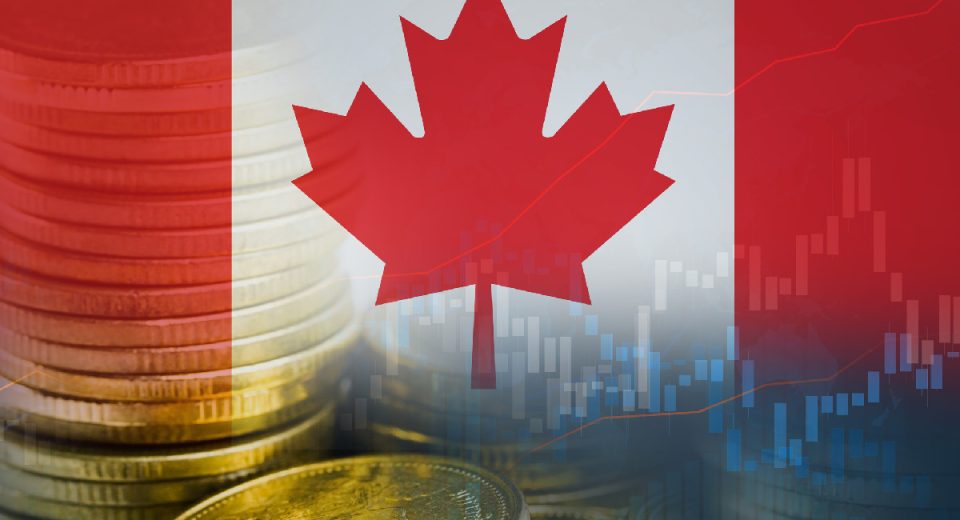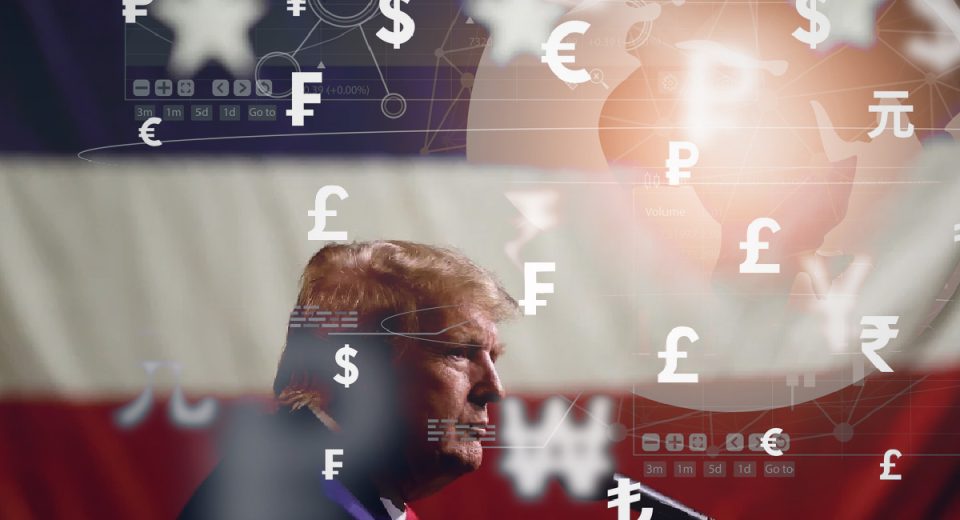What Does a Labour Party Win Mean for Investors?

The Labour Party swept the UK elections, winning 412 of the 650 seats in the parliament’s House of Commons. This is the biggest Labour Party victory since Tony Blair’s win in 1997. Meanwhile, the Tories saw their worst defeat, garnering just 121 seats. The results indicate the public’s displeasure with Rishi Sunak and the Conservatives having failed to address the cost-of-living crisis, the state of public services and the various scandals. Will the UK now witness stability after the long period of volatility under the Tories?
Sir Keir Starmer’s big win was largely expected and likely to have been priced into the markets. The forex and stock markets did respond to the news of the victory but soon settled back to their usual trends. Here’s how the markets reacted to the UK election results.
GBP Moves Up on UK Election Results
Let’s first look at how the GBP reacted to the news. The pound sterling has been stable for some time now and the landslide Labour victory led it to rise almost 0.13% against the US dollar to $1.2775. This was the highest the GBP/USD had been since mid-June. The pound also rose 0.01% against the euro, touching €1.18.
The pound sterling had been edging up ever since the elections were called by Sunak in late May. In fact, the GBP has been the strongest-performing major currency in 2024, up 0.55% against the greenback by the first week of July.
“On a trade-weighted basis, the pound is now back where it was in 2016, at the time of the Brexit vote, reflecting a belief among traders and investors that a period of intense market volatility, driven by political and economic tumult under the Conservatives, may be drawing to a close,” reported Reuters.
How the UK Election Results Impacted the Stock Market
The largest UK stocks rose on news of the expected Labour victory in the UK elections. The FTSE 100 rose 0.4% at market open after the results were announced, before falling back and recording its best session in almost two months. The biggest gainers on the UK index were Persimmon (up 2.24%), Barratt Developments (up 2.44%), Taylor Wimpey (up 2.82%) and Vistry Group (up 3.42%).
The FTSE 100 was outpaced by the FTSE 250, which rose 1.8%, hitting its highest since April 2022 before slightly paring its gains. European stocks were also up to more than one-week highs, with the STOXX 600 rising 0.4%, its highest since June 26, 2024.
UK-focussed mid-cap stocks were the largest winners following the election results, largely due to expectations that the new government would bring economic stability after 14 years of volatility under the Conservative Party.
The sectors likely to benefit the most from the new government include infrastructure and defence, given that the Labour Party’s manifesto included spending 2.5% of the country’s GDP on defence and £24 billion on green initiatives. The energy sector might, however, see some volatility until there is greater clarity regarding favourable tax changes. Analysts also expect the construction materials and home-building sectors to benefit from the Labour government reinstating home-building targets and invest in local planning departments.
Why was the Impact Marginal and Transitory?
There are three key reasons why the election results have a limited impact on the financial markets. Firstly, a Labour victory had largely been expected for some time and the exit poll left no doubt that it would be a clean sweep for Sir Keir Starmer’s party. Attention had, therefore, moved on to the outcome of the French elections.
Secondly, the markets appear to believe that little will change despite the biggest defeat for the Conservatives in history. The Labour Party’s economic plans are cautious and modest, with any large increases in spending being subject to rules on how much the government can borrow.
Lastly, the markets also seem to believe that the worst is over for the UK economy. Growth has been picking up, with the first quarter data, released in June, revealing a 0.7% rise in GDP, ahead of the Office of National Statistics’ estimate of 0.6%. Plus, inflation has dipped to the 2% target of the Bank of England (BoE), which means that rate cuts could begin as early as August.
What Does This Mean for Investors?
With the UK election results having been digested by the markets, the next big event to prepare for is the US elections on November 5. If you are trading stocks, keeping an eye on policy decisions by the new UK government while staying updated on the latest expectations regarding the US elections is important. This could be a good time to reevaluate your portfolio and ensure it is well-diversified to weather any sudden shocks brought about by unexpected geopolitical developments. Including assets with low or no correlation can be a good idea. Safe haven assets also find a place in the portfolio of experienced traders during uncertain times.
Regardless of whether you are trading the stock markets or forex, making the best use of fundamental and technical analysis tools for informed decision-making is always recommended. Strengthen your trading strategy by testing it on a demo account before applying it to the live markets.
Disclaimer
All data, information and materials are published and provided “as is” solely for informational purposes only, and is not intended nor should be considered, in any way, as investment advice, recommendations, and/or suggestions for performing any actions with financial instruments. The information and opinions presented do not take into account any particular individual’s investment objectives, financial situation or needs, and hence does not constitute as an advice or a recommendation with respect to any investment product. All investors should seek advice from certified financial advisors based on their unique situation before making any investment decisions in accordance to their personal risk appetite. Blackwell Global endeavours to ensure that the information provided is complete and correct, but make no representation as to the actuality, accuracy or completeness of the information. Information, data and opinions may change without notice and Blackwell Global is not obliged to update on the changes. The opinions and views expressed are solely those of the authors and analysts and do not necessarily represent that of Blackwell Global or its management, shareholders, and affiliates. Any projections or views of the market provided may not prove to be accurate. Past performance is not necessarily an indicative of future performance. Blackwell Global assumes no liability for any loss arising directly or indirectly from use of or reliance on such information herein contained. Reproduction of this information, in whole or in part, is not permitted.




